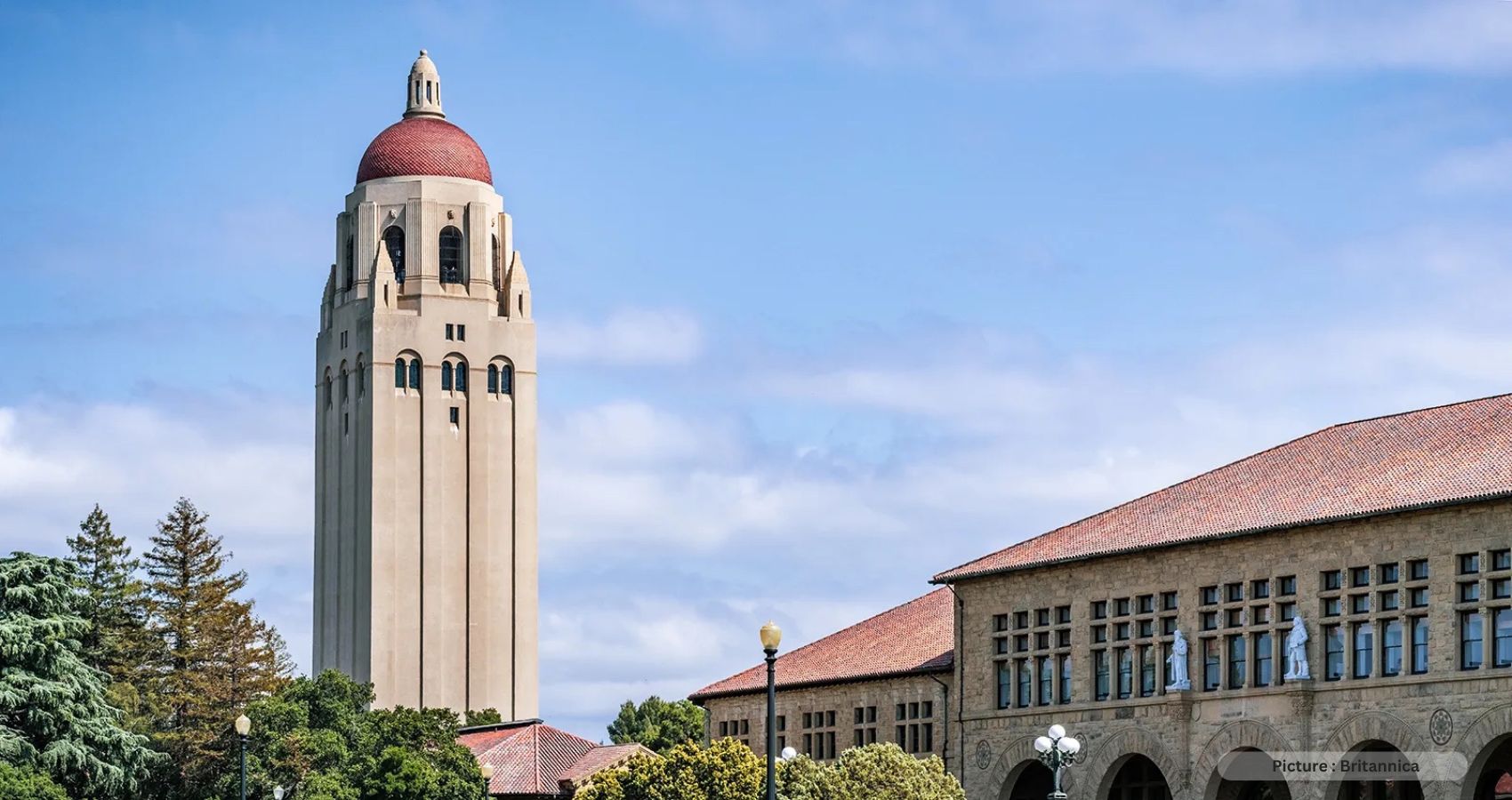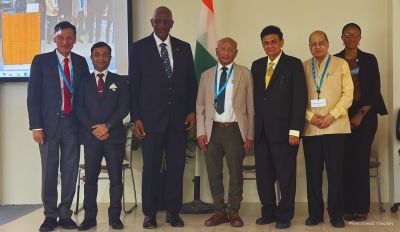In the past, epilepsy was misunderstood as being caused by factors like the moon or brain phlegm, leading to the stigmatization of those suffering from seizures. People believed it was linked to witchcraft or demonic possession, resulting in tragic consequences. Nowadays, we recognize epilepsy as a neurological condition, and we no longer blame individuals for accidents caused by seizures. This represents progress, but according to Stanford University neurobiologist Robert Sapolsky, there’s still much to understand.
Having spent over 40 years studying humans and primates, Sapolsky has come to a controversial conclusion: most human behavior is beyond our conscious control, just like seizures or the beating of our hearts. He argues that individuals who commit harmful actions have no more control over their fate than those who become unintended victims. He urges us to stop attributing actions to free will, as he believes it doesn’t exist.
Sapolsky acknowledges that his viewpoint is unconventional. Most neuroscientists, philosophers, and the general population believe in some degree of free will. Free will is integral to how we perceive ourselves and plays a role in our achievements and failures. Sapolsky, who dislikes interpersonal conflict, hesitated to write his new book, “Determined: A Science of Life Without Free Will,” due to the potential for controversy.
Analyzing human behavior through a single discipline allows for the possibility of personal choice. However, after a diverse career spanning multiple disciplines, Sapolsky contends that it’s intellectually dishonest to conclude anything other than free will being a myth. He asserts that accepting this fact will lead to a more just society.
His book “Determined,” a follow-up to his 2017 bestseller “Behave: The Biology of Humans at Our Best and Worst,” explores the neurochemical factors influencing human behavior, from the milliseconds leading to a trigger pull to long-term societal influences.
Sapolsky takes his argument a step further, asserting that since no single neuron or brain can act without external influences, free will cannot logically exist.
While it’s widely accepted that various factors affect our decisions, can everything be attributed to factors beyond our control? Can we not make choices about our careers, relationships, or even simple actions like picking up a pen?
According to Sapolsky, even seemingly insignificant actions like picking up a pen are influenced by subconscious impulses. These impulses are shaped by external factors, like missing lunch or subliminal associations. Additionally, factors that brought individuals to a particular moment, such as confronting a professor, are subtly influenced by their backgrounds and cultural influences.
Sapolsky points out how algorithms predict people’s actions based on their online activities, similar to how the forces behind our decisions bring us to specific choices. Many external factors combine to lead us to decisions, making it challenging to determine how much we truly “choose.”
Sapolsky’s personal journey is intertwined with his beliefs. Raised in an Orthodox Jewish household, he was deeply connected to religion. However, a revelation in his early teens reshaped his worldview. He came to the conclusion that God doesn’t exist, free will is an illusion, and humans are essentially on their own. This transformative moment has guided his path ever since.
Sapolsky’s assertion that free will is a myth challenges conventional beliefs, but he believes that accepting this notion could lead to a fairer society. While it’s a provocative stance, it encourages us to reevaluate how we perceive and judge human behavior.
Skeptics may raise questions to counter his arguments: How can someone raised in a deeply religious, conservative household transform into a self-proclaimed liberal atheist?
According to him, change is always possible, but it stems from external stimuli. Sea slugs, for example, can learn to instinctively retreat from an electrical shock. In a similar vein, humans are altered by exposure to external events, often in unexpected ways.
He offers an example: a group of friends watches a biographical film about an inspiring activist. The next day, one friend applies to join the Peace Corps, while another enrolls in a filmmaking course after being captivated by the beautiful cinematography. The rest, however, express annoyance that they didn’t watch a Marvel movie.
Their responses were primed by various factors. Maybe one friend had heightened adrenaline due to a near miss with another car on the drive to the theater. Another might have been in a new relationship, flooded with oxytocin, the so-called love hormone. Each had different levels of dopamine and serotonin in their brains, unique cultural backgrounds, and varying sensitivities to sensory distractions in the theater. None consciously chose how the film’s stimulus would affect them, just as a sea slug didn’t “choose” to wince when shocked.
For proponents of determinism, the belief that a person in any situation couldn’t have acted differently than they did, his scientific support is reassuring.
Gregg Caruso, a philosopher at SUNY Corning, noted, “Who we are and what we do is ultimately the result of factors beyond our control, and because of this, we are never morally responsible for our actions in the sense that would make us truly deserving of praise and blame, punishment and reward.” He added, “I am in agreement with Sapolsky that life without belief in free will is not only possible but preferable.”
Caruso co-directs the Justice Without Retribution Network, which advocates for a focus on preventing future harm rather than assigning blame in response to criminal activity. This approach, concentrating on the causes of violent or antisocial behavior, he believes, would lead to more humane and effective practices and policies.
However, this viewpoint remains in the minority.
Sapolsky’s stance is challenged by Peter U. Tse, a neuroscientist from Dartmouth and author of the book “The Neural Basis of Free Will.” Tse argues that neural activity is highly variable, with identical inputs often yielding non-identical responses in individuals and populations. Instead of determining specific outcomes, inputs impose parameters. The vast variability at play suggests that our behavior isn’t predetermined.
Moreover, Tse asserts that promoting determinism is detrimental. He says, “Those who push the idea that we are nothing but deterministic biochemical puppets are responsible for enhancing psychological suffering and hopelessness in this world.”
Even those who believe biology constrains our choices are cautious about openly embracing this idea.
Saul Smilansky, a philosopher at the University of Haifa, disagrees with the notion that we can transcend all genetic and environmental constraints through sheer will. To build a just society, he argues, we must believe that we can. “Losing all belief in free will and moral responsibility would likely be catastrophic,” he contends, and encouraging such thinking is “dangerous, even irresponsible.”
A widely referenced 2008 study found that people who read passages dismissing the concept of free will were more prone to cheating on subsequent tests. Other studies suggest that individuals who feel less control over their actions are less concerned about making errors in their work and display increased aggression and reduced helpfulness.
Sapolsky addresses these concerns in his book, ultimately concluding that the effects observed in these experiments are too small and often not reproducible enough to support the idea that society will collapse if people believe they can’t control their destinies.
He finds a more persuasive critique in a short story by speculative fiction writer Ted Chiang titled “What’s Expected of Us.” In the story, a new technology convinces users that their choices are predetermined, leading them to lose their will to live.
Sapolsky acknowledges that the greatest risk of abandoning belief in free will is not that people will be inclined to commit wrongdoing, but that, devoid of a sense of personal agency, they may lose motivation to do anything at all.
“It may be dangerous to tell people that they don’t have free will,” Sapolsky concedes. “The vast majority of the time, I really think it’s a hell of a lot more humane.”
Sapolsky acknowledges that he won’t persuade most of his readers. Convincing people who have been harmed that wrongdoers deserve less blame due to their history of poverty is challenging. Similarly, convincing the privileged that their achievements deserve less praise because of their history of privilege is an uphill battle.
His true hope, he says, is to foster greater compassion. Perhaps, if people understand how profoundly an early history of trauma can rewire the brain, they will cease to yearn for harsh punishments. Perhaps, if individuals realize they have a brain condition such as depression or ADHD, they will stop resenting themselves for struggling with tasks that seem easier for others.
Sapolsky asserts that, as with previous generations’ beliefs that seizures were caused by witchcraft, some of our current beliefs about personal responsibility may ultimately be debunked by scientific discovery.
Sapolsky maintains that we are machines, remarkable in our ability to perceive our experiences and experience emotions. Hating a machine for its failures is senseless.
Yet there is one last thread he cannot resolve. “It is logically indefensible, ludicrous, meaningless to believe that something ‘good’ can happen to a machine,” he writes. “Nonetheless, I am certain that it is good if people feel less pain and more happiness.”











